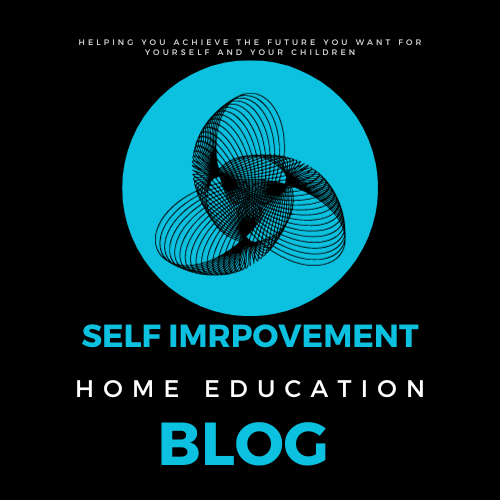
In recent years, homeschooling has become an increasingly popular choice for
families seeking a more personalized and flexible approach to education.
With the freedom to tailor curriculum and learning experiences to individual needs,
homeschooling empowers both parents and children to take an active role in
their educational journey. One key element that contributes to the success of
homeschooling is the establishment of measurable goals and expectations.
The Power of Goal Setting
Setting clear, measurable goals is essential in any educational setting,
but it takes on a special significance in homeschooling. Without the traditional
structure of a classroom, homeschooling parents play a pivotal role in designing
and implementing an effective learning plan. Goals provide a roadmap for both
parents and students, creating a sense of direction and purpose. When setting
goals in a homeschooling environment, it’s crucial to consider the unique strengths
and challenges of each child. Goals can encompass a wide range of academic,
personal, and social aspects, ensuring a holistic approach to education.
Whether it’s mastering a particular subject, developing critical thinking skills, or
fostering a love for learning, well-defined goals lay the foundation for a fulfilling
homeschooling experience.
Characteristics of Measurable Goals
Measurable goals are specific, quantifiable, and provide a clear benchmark
for success. Instead of vague aspirations like “improve math skills,” a
measurable goal might be “solve 80% of math problems correctly by the end
of the semester.” This specificity allows both parents and students to track
progress and celebrate achievements. Consider breaking down larger objectives
into smaller, achievable milestones. This not only makes the learning process more
manageable but also provides regular opportunities for positive reinforcement.
Celebrating small victories along the way contributes to a positive learning
environment and reinforces the value of hard work and dedication.
Tailoring Education to Individual Needs
One of the most significant advantages of homeschooling is the ability to tailor
education to the unique needs and interests of each child. Setting goals that align
with a child’s strengths, weaknesses, and passions ensures a more engaging and
effective learning experience. For example, if a child has a keen interest in science,
a measurable goal could involve completing a hands-on science project or
conducting independent research on a specific topic. This not only enhances
academic skills but also nurtures a love for learning that extends beyond
textbooks and standardized tests.
Ongoing Evaluation and Adaptation
Homeschooling is a dynamic process that requires continuous evaluation
and adaptation. Regularly review and adjust goals based on progress,
changing interests, and evolving needs. Flexibility is a hallmark of homeschooling,
allowing for personalized adjustments that support the overall growth
and development of the child.
In conclusion, homeschooling is a powerful educational choice that thrives on the
establishment of measurable goals and expectations. By setting clear objectives,
tailoring education to individual needs, and embracing flexibility, homeschooling
families can create an enriching learning environment that fosters academic
excellence and personal growth.
Disclaimer: The information on this website is public information and is not
individual legal advice. Readers should not rely on or take any action based
upon the information on this website and professional advice should be
obtained particular to the legal circumstances one is facing. While we strive for
accuracy, it is possible that the information on our site may contain errors
or omissions. We disclaim any liability for any such errors or omissions.
Disclaimer: Some of the links on this website are “affiliate links.” This means
if you click on the link and purchase the item, we will receive an affiliate
commission. We disclose this in accordance with the Federal Trade
Commission’s 16 CFR, Part 255: “Guides Concerning the Use of
Endorsements and Testimonials in Advertising.
